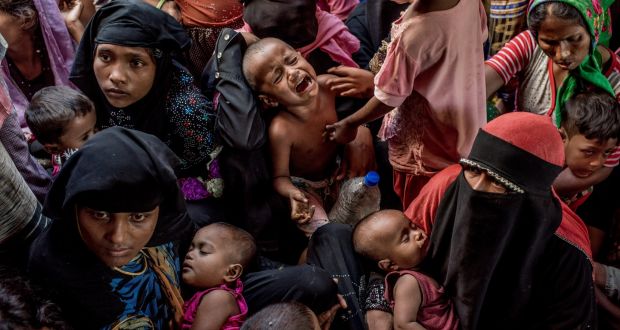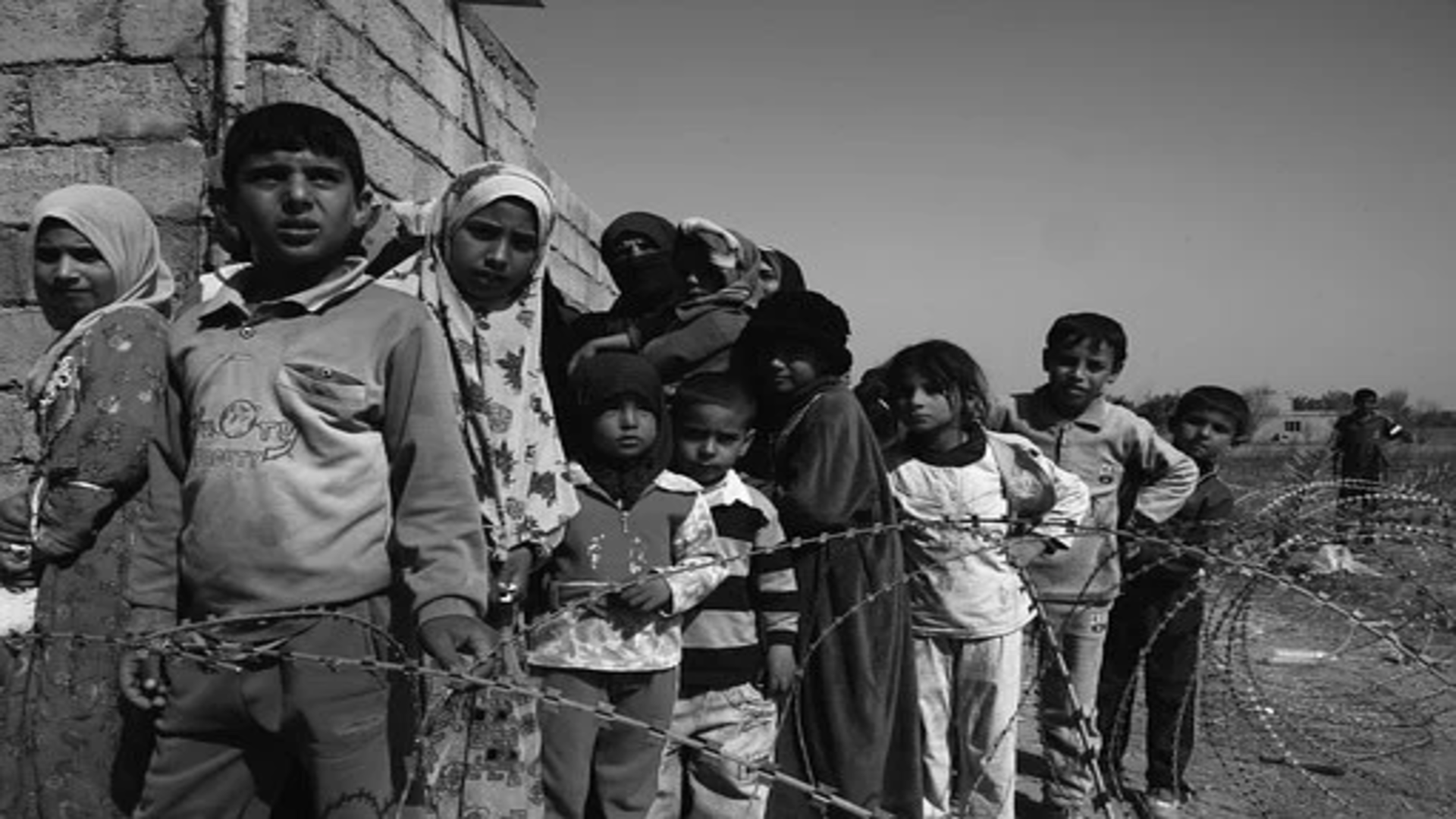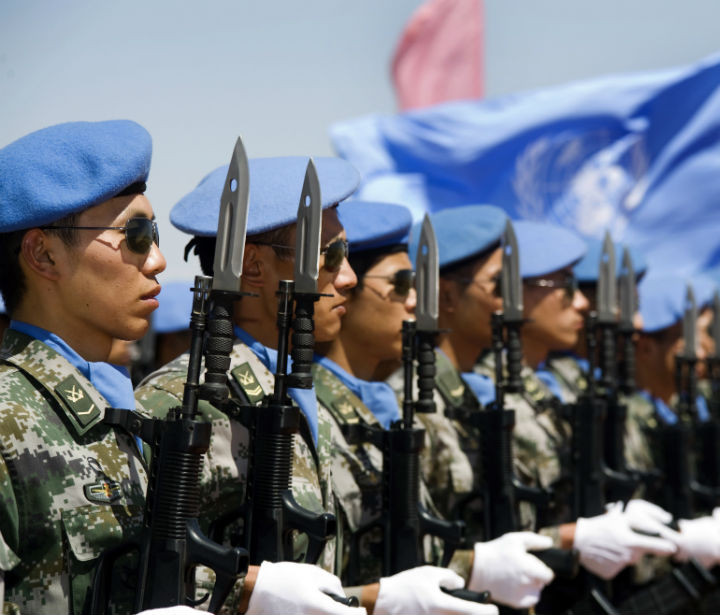Abstract UNHCR estimates that there are approximately over 12 million stateless persons in the world. Due to gaps in data collection by governments, the UN, and civil society, a full breakdown of this figure is beyond reach. The stateless are, in effect, the rightless because the loss of citizenship in the nation-state dynamic also means…Read More


